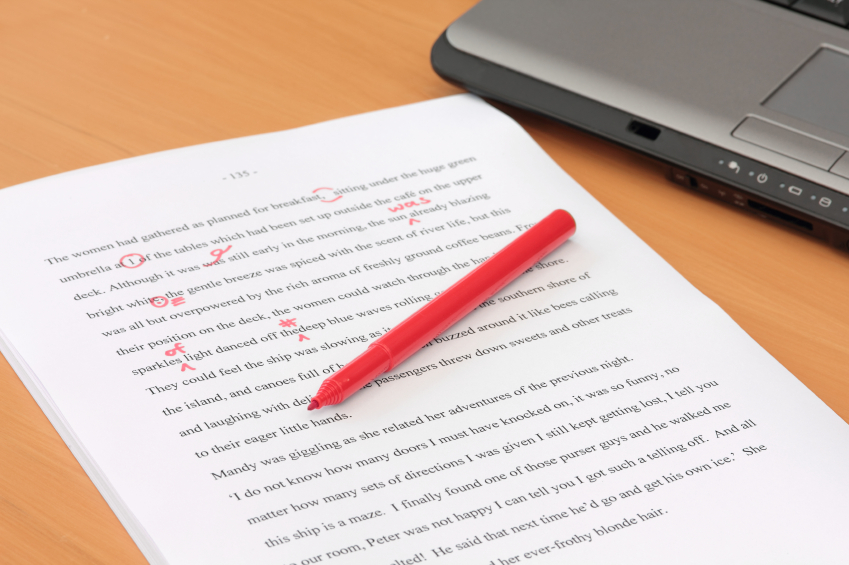 |
As an editor, I see it every day in news alerts and press releases: jumping between past, present and future tense. This is not only annoying for the audience, but it’s unprofessional on the part of the PR pro—in the grammatical sense.
Speaking in the proper tense—and keeping it “simple”—will make your PR copy sing. Here are some tips from the Purdue Online Writing Lab on the three basic tenses:
Present Perfect
The present perfect consists of a past participle (the third principal part) with "has" or "have." It designates action, which starts in the past, but which continues into the present or the effect of which still continues.
1. Sally taught for 10 years. (Simple past)
2. Sally has taught for 10 years. (Present perfect)
The implication in (1) is that Betty has retired; in (2), that she is still teaching.
1. Jeff did his homework. He can go to the movies.
2. If Jeff has done his homework, he can go to the movies.
Infinitives, too, have perfect tense forms when combined with "have," and sometimes problems arise when infinitives are used with verbs such as "hope," "plan," "expect," and "intend," all of which usually point to the future. (I wanted to go to the movie. Janet meant to see the doctor.) The perfect tense sets up a sequence by marking the action that began and usually was completed, before the action in the main verb.
1. I am happy to have participated in this campaign.
2. Suzy had hoped to have won the trophy.
Thus, the action of the main verb points back in time; the action of the perfect infinitive has been completed.
Past Perfect
The past perfect tense designates action in the past just as simple past does, but the action of the past perfect is action completed in the past before another action.
1. Mike raised vegetables and later sold them. (Past)
2. Mike sold vegetables that he had raised. (Past perfect)
The vegetables were raised before they were sold.
In sentences expressing condition and result, the past perfect tense is used in the part that states the condition.
1. If I had done my exercises, I would have passed the test.
2. I think Ma would have been elected if he hadn't sounded so pompous.
Future Perfect
The future perfect tense designates action that will have been completed at a specified time in the future.
1. Saturday I will finish my housework. (Simple future)
2. By Saturday noon, I will have finished my housework. (Future perfect)
As you can see, by keeping tenses “simple” your communications messaging will be sharp, succinct and understandable.
Follow Scott Van Camp: @svancamp01

Excellent article.In the PRESENT PERFECT 1st example,Sally has changed to Betty!!